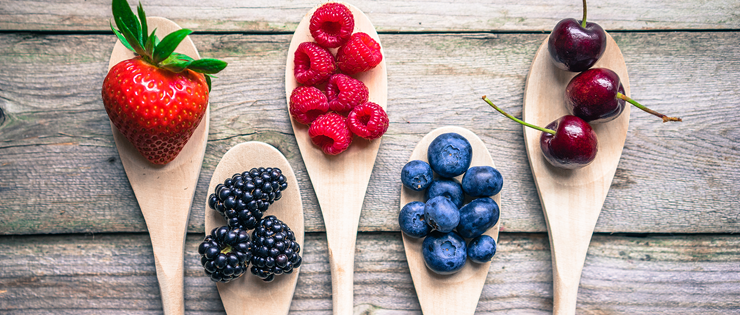
As we learn more and more about nutrition, and the greater the number of ‘experts’ out there publishing diet books inevitably leads to the propagation of new diet beliefs and trends, whether or not there is evidence to support them. Here are a few doing the rounds at the moment and the conclusion the nutritional science really leads us to.
Is coconut oil really that good for you?
Coconut oil, like all fats contains 5g of total fat per teaspoon, 90% of which is saturated. The main reason that coconut oil is sprouted for its health benefits is that a significant proportion of the fat type in coconut oil is lauric acid, a type of fat known to increase ‘good cholesterol’ in the bloodstream and a medium chain triglyceride which is more likely to be burnt as energy than other fats. While this may be appealing for active individuals, the important thing to remember is that it is still fat, a high calorie nutrient that needs to be burnt off so if you do choose to use it as your oil of choice, watch your portions as you would any other oil.
Should you swap back to full cream milk?
A shift toward more natural eating has seen health enthusiasts keen to consume their foods in as natural a state as possible. It is often argued that skim milk is more processed than full cream milk, and that skim milk contains more sugar, which is not the case. The truth is that public health recommendations to swap full cream dairy to low fat varieties came from the observation that Australians were consuming too much saturated fat, and as dairy and meat are two of the largest sources of saturated fat in the diet, it made sense to recommend skim milk. For those who have heart disease, it still makes sense to choose low or reduced fat dairy but for those who have a low fat intake overall, and who are slim and fit with no history of heart disease, the use of full cream milk is unlikely to cause any harm.
Potatoes should be avoided
The poor old potato; a food staple for thousands of years is packed full of B group vitamins and fibre and yet with a relatively high glycaemic index, was banned from many a weight loss diet. If you consider that a single potato contains just 20g of total carbohydrates, less than ½ a cup of rice or pasta, a simple baked potato (of reasonable size and not made into chips) is a great choice nutritionally.
Sushi is a healthy choice
Often recommended as one of the healthiest food choices on the run, while sushi may look and sound healthy, white rice sushi rolls filled with a small amount of meat or fish do not offer as much nutritionally as you may think. With plenty of white rice stuck together with sweet sauces and vinegars, just 5g of protein per average serve and not much vegetable bulk, it is best to stick with the occasional brown rice roll and enjoy more sashimi and seaweed salad to get your Japanese fix.
We should all be eating Paleo
The Paleo approach to diet refers to a general style of eating that focuses on unprocessed grains, seeds, nuts, leafy vegetables and lean proteins. Gone is gluten, dairy and excessive sugars from processed foods resulting in a diet that is relatively high in protein and reduced in carbohydrates. While Paleo can be an extremely healthy way to eat, the key is to focus on extremely lean meat and include plenty of fish and balance these protein rich foods with plenty of leafy greens and wholegrains rather than eliminating carbohydrates entirely. It will also pay to keep aware of your calcium intake as a true Paleo approach does not include calcium rich dairy, and nut milks rarely contain much calcium.
Fruit contains fructose so should be avoided.
The anti-sugar brigade has been lecturing us about the toxicity of fructose for a number of years now, and of course one of the richest sources of fructose in the diet is from fresh fruit. While fruit does contain the sugar fructose, it also contains plenty of fibre and key nutrients and many thousands of years consumption would tell us that a couple of pieces of fruit a day will do no harm whatsoever.
Related links: